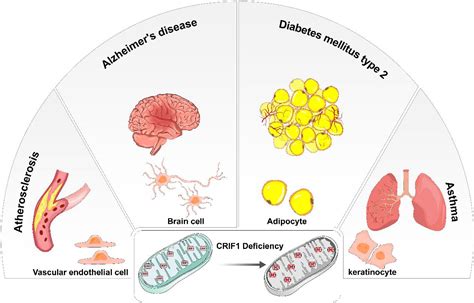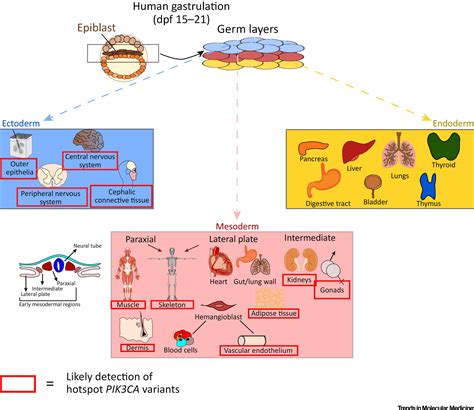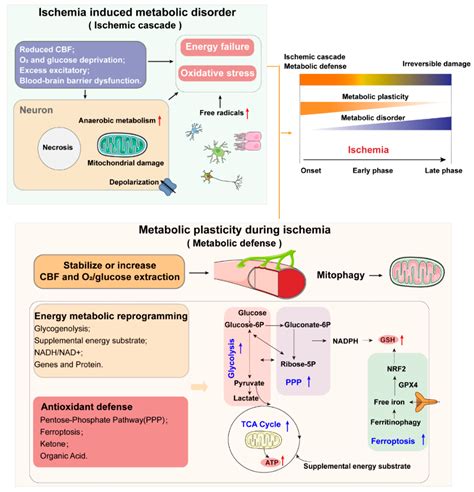As we age, the risk of developing various health conditions increases, making it crucial for older adults and their caregivers to understand common age-related diseases. This article explores prevalent diseases affecting older people, emphasizing the importance of early detection and timely diagnosis. We will delve into effective management strategies and treatment options tailored to the elderly, alongside preventive measures and healthy lifestyle choices that can significantly enhance quality of life. Additionally, we will highlight vital support systems and resources available to assist in aged care, ensuring that older adults receive the comprehensive care they need to navigate the challenges of aging.
Delve into this topic with ujocis.net for a comprehensive understanding.
1. Overview of Common Age-Related Diseases
Aging brings with it an increased vulnerability to a range of health issues, commonly known as age-related diseases. Cardiovascular conditions, including hypertension and heart disease, are particularly prevalent in older adults and can result in serious complications if left untreated. Diabetes, another common ailment in this population, necessitates consistent monitoring and care to avoid complications such as neuropathy and vision problems.
Arthritis, a common ailment among older adults, causes joint pain and stiffness, hindering mobility and impacting overall quality of life. Cognitive disorders, such as Alzheimer’s disease and other forms of dementia, present significant challenges by affecting memory and daily functioning. Respiratory diseases, including chronic obstructive pulmonary disease (COPD) and pneumonia, are more prevalent in older individuals, particularly those with a history of smoking or other lung conditions.
Older adults face an elevated risk of developing certain cancers, such as breast, prostate, and colorectal cancer, highlighting the importance of regular screenings. A thorough understanding of these common diseases is crucial for proactive management and early intervention. Recognizing the signs and symptoms associated with these conditions allows older adults and their caregivers to seek prompt medical attention and develop effective management plans, ultimately improving the well-being and quality of life for the elderly.

2. Early Detection and Diagnosis
Early detection and diagnosis of age-related diseases are vital for improving outcomes and enhancing the quality of life for older adults. Regular health screenings and check-ups allow healthcare providers to identify potential health issues before they progress. Common screenings include blood pressure checks, cholesterol tests, blood sugar levels for diabetes, and cancer screenings such as mammograms and colonoscopies.
Being aware of early warning signs can empower older adults and their caregivers to seek timely medical attention. Symptoms such as unexplained weight loss, persistent pain, changes in mood or memory, and difficulty breathing should not be overlooked. Keeping a detailed medical history and noting any changes in health can assist healthcare professionals in making accurate diagnoses.
Moreover, incorporating technology, such as telehealth services, can facilitate easier access to healthcare providers, especially for those with mobility challenges. Collaborating closely with healthcare teams ensures that older adults receive comprehensive evaluations and personalized care plans. By prioritizing early detection and accurate diagnosis, older adults can effectively manage their health, mitigate the impact of diseases, and maintain a higher level of independence and well-being throughout their golden years.

3. Effective Management and Treatment Options
Successfully managing and treating age-related diseases requires a personalized approach that considers the unique needs of older adults. This involves a combination of strategies, including medication, lifestyle adjustments, and consistent monitoring. For chronic conditions such as diabetes and hypertension, medication can help control symptoms and prevent complications, while regular check-ups allow for prompt detection and management of any health changes.
Making changes to your lifestyle, such as eating a balanced diet, getting regular exercise, and maintaining a healthy weight, is critical for managing disease. Exercise improves mobility and strengthens your heart, while good nutrition helps manage weight and provides the essential nutrients your body needs.
Mental health support is also crucial for individuals facing cognitive disorders. Stimulating activities, like puzzles or social engagement, can help improve cognitive function. Working closely with a team of healthcare professionals, including dietitians, physical therapists, and mental health specialists, allows for a comprehensive approach to treatment. This empowers older adults to live fulfilling lives while effectively managing their health conditions.

4. Preventive Measures and Healthy Lifestyle Choices
To lower the risk of age-related illnesses and promote overall well-being in older adults, preventive measures and healthy lifestyle choices are crucial. Regular physical activity, including walking, swimming, or yoga, benefits cardiovascular health and enhances flexibility, balance, and strength, thereby reducing the risk of falls and injuries.
A balanced diet, featuring an abundance of fruits, vegetables, whole grains, and lean proteins, can contribute to weight management, blood sugar regulation, and cholesterol reduction. Equally crucial is staying hydrated, as sufficient water intake is essential for supporting vital bodily functions.
Routine health screenings and vaccinations are vital components of preventative care. Annual check-ups allow for early detection of potential health problems, while vaccines, like the flu and pneumonia shots, provide protection against infectious diseases.
Maintaining cognitive health also hinges on social engagement and mental stimulation. Activities such as reading, solving puzzles, and spending time with loved ones can cultivate a sense of community and purpose. By embracing these preventative measures and healthy lifestyle choices, older adults can greatly improve their quality of life, extend their independence, and lower the chances of developing chronic health issues.
5. Support Systems and Resources for Elderly Care
Support systems and resources for elderly care are crucial for ensuring that older adults receive the assistance they need to manage health conditions effectively. Family members and caregivers play a vital role in providing emotional and practical support, helping to navigate daily challenges associated with age-related diseases.
Community programs, such as senior centers and health workshops, offer valuable resources, including social activities, fitness classes, and educational sessions on managing chronic illnesses. These programs foster a sense of belonging and provide opportunities for social interaction, which can enhance mental and emotional well-being.
Additionally, healthcare professionals, including geriatricians, nurses, and social workers, are essential for delivering personalized care and support. They can help coordinate treatment plans, provide health education, and connect older adults with local services.
Online resources and support groups also play a significant role in providing information and connecting caregivers and older adults with others facing similar challenges. By leveraging these support systems and resources, older adults can navigate their health journeys with greater confidence, ensuring they maintain a high quality of life and stay connected to their communities.
In conclusion, understanding common age-related diseases and implementing effective management strategies are crucial for enhancing the quality of life for older adults. By prioritizing early detection, adopting healthy lifestyle choices, and utilizing available support systems and resources, elderly individuals can better navigate the challenges of aging. With proactive care and a strong support network, older adults can lead fulfilling lives while effectively managing their health conditions. Emphasizing prevention and comprehensive care will empower them to age gracefully and maintain their independence.
ujocis.net

